
We live in the era where most of the vegetables either contain preservatives or are hybrid making them not so healthy for our body. Growing winter vegetables on the balcony is a blessing as it ensures fresh and preservative-free vegetables. If you are planning to transform your balcony into a vegetable garden, here are the tips you can follow to ensure a healthy vegetable plant.
The first step is to choose the right vegetable that survives in cold weather conditions. Vegetables like Kale, spinach, lettuce and beetroots are some of the vegetables that can be easily grown in the winter season on the balcony.
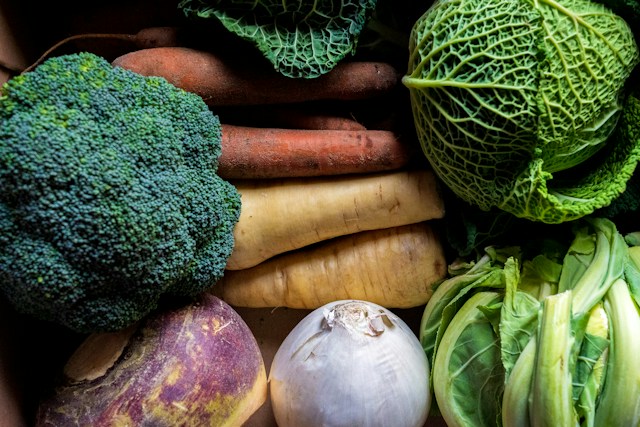
Soil provides nutrition to the plants to grow and flourish. It is advisable in winter to use large containers or pots with proper drainage for growing vegetables. Moreover, fill the pot with high-quality soil, compost (how to make compost at home), organic matter and garden mix to ensure enough nourishment. Adequate nutrients will help plants grow in harsh winter weather.
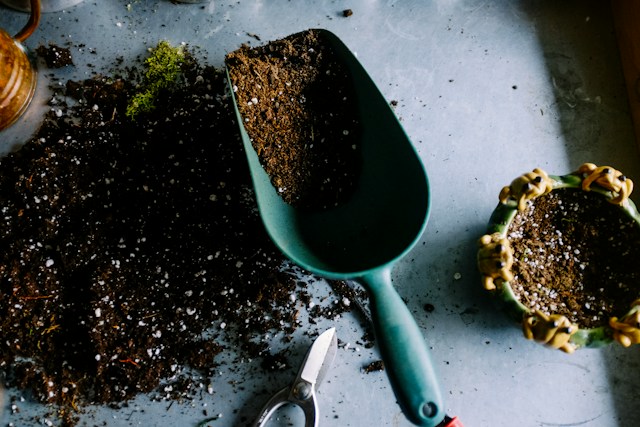
Bright sunlight might not be available in winter but still, it is important to ensure that the plants get enough sunlight. You can ensure the same by positioning the plants in the right place. Keep the pots in a place where your plants receive ample sunlight.
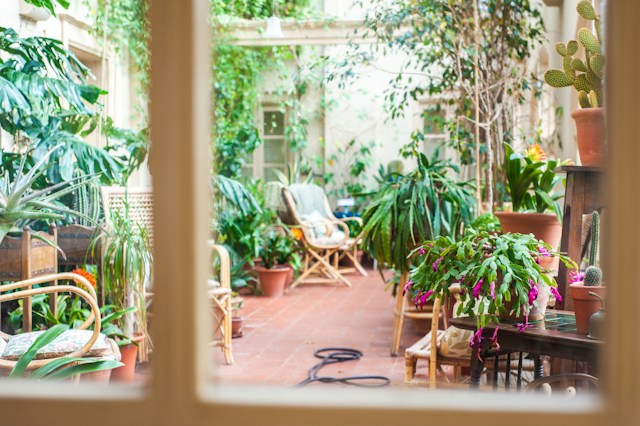
Frost is very common in winter which might hinder the plant's growth. Thus, it is important to protect the plants from them. You can cover your plants with a cloth or add a shield in your garden, especially at night.
Soil gets wet during winter because of the frost and thus it fulfills the water needs of the plants. So, make sure to check the soil condition before watering the plants.
To prevent soil from cracking and dryness, apply a layer of mulch on the soil surface to retain moisture and regulate soil temperature. Mulching also helps in controlling weeds and protects roots from extreme weather conditions.
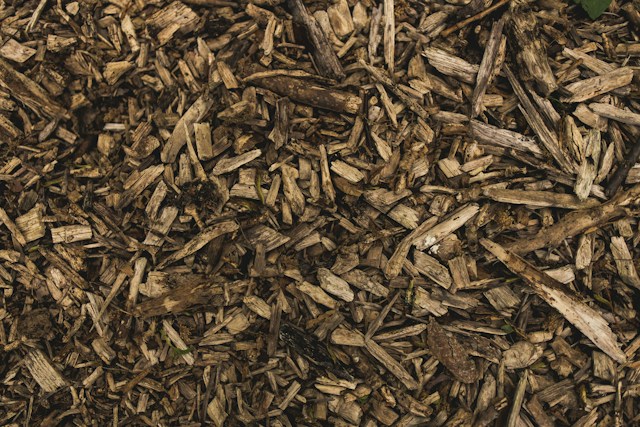
Don't Miss: Eternal Charm: Transform Your Garden With These 5 Evergreen Shrubs
Fertiliser is important for the plants (how to care for plants in winters) to ensure nutrients. You can use organic or liquid fertilisers that are formulated for vegetables. The liquid form will absorb efficiently during winters in the soil.
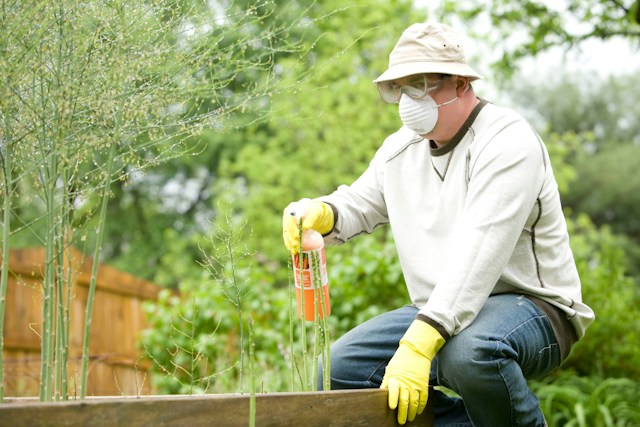
Don't Miss: Experience Aroma Heaven: 7 Indoor Plants That Fill Your Home With Amazing Scents
Follow these tips to ensure a healthy vegetable balcony garden.
Your opinion matters to us! Take a moment to fill out our reader survey, it will help us gain a better understanding of your preferences. Click on this link to access the survey.
Image Courtsey: Freepik/Unsplash
Also watch this video
Herzindagi video
Our aim is to provide accurate, safe and expert verified information through our articles and social media handles. The remedies, advice and tips mentioned here are for general information only. Please consult your expert before trying any kind of health, beauty, life hacks or astrology related tips. For any feedback or complaint, contact us at [email protected].